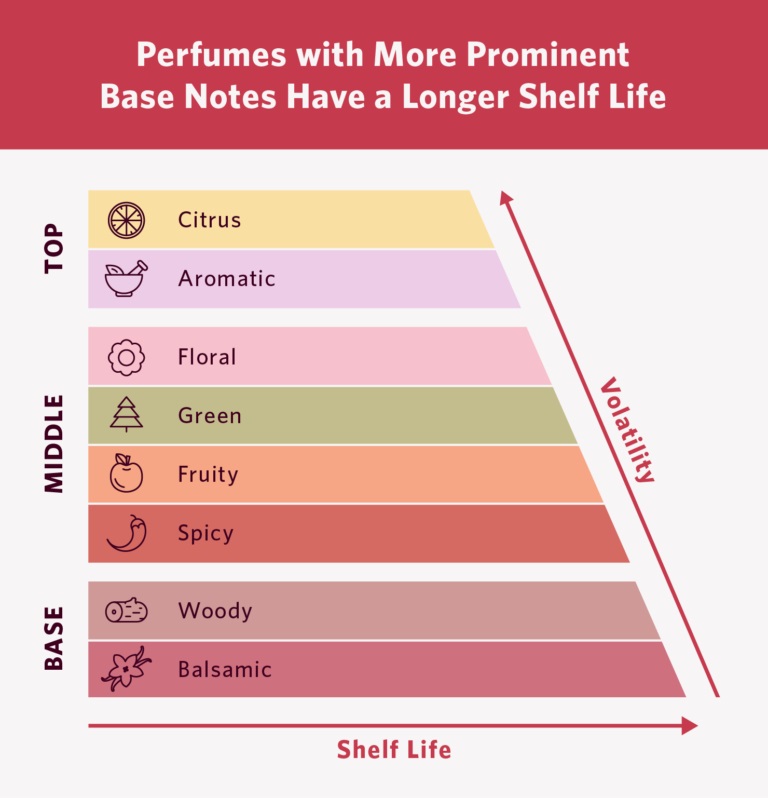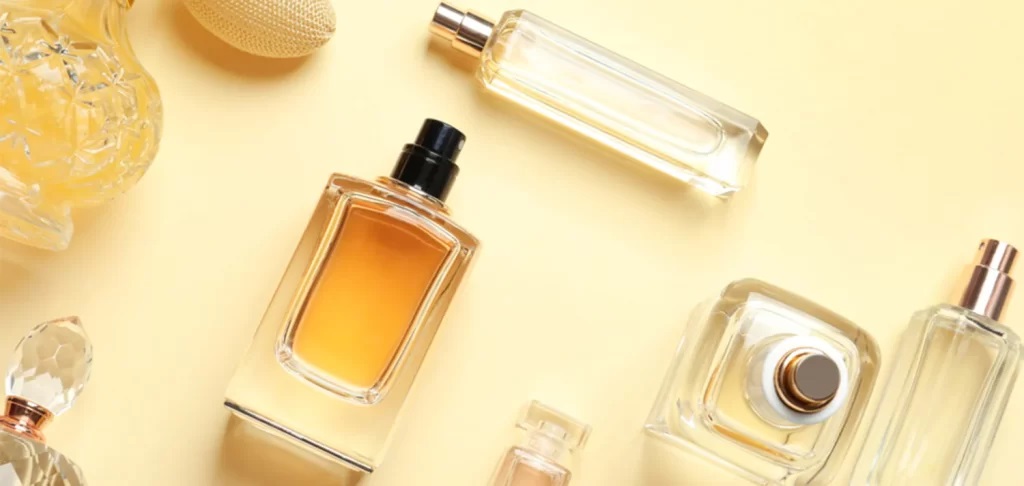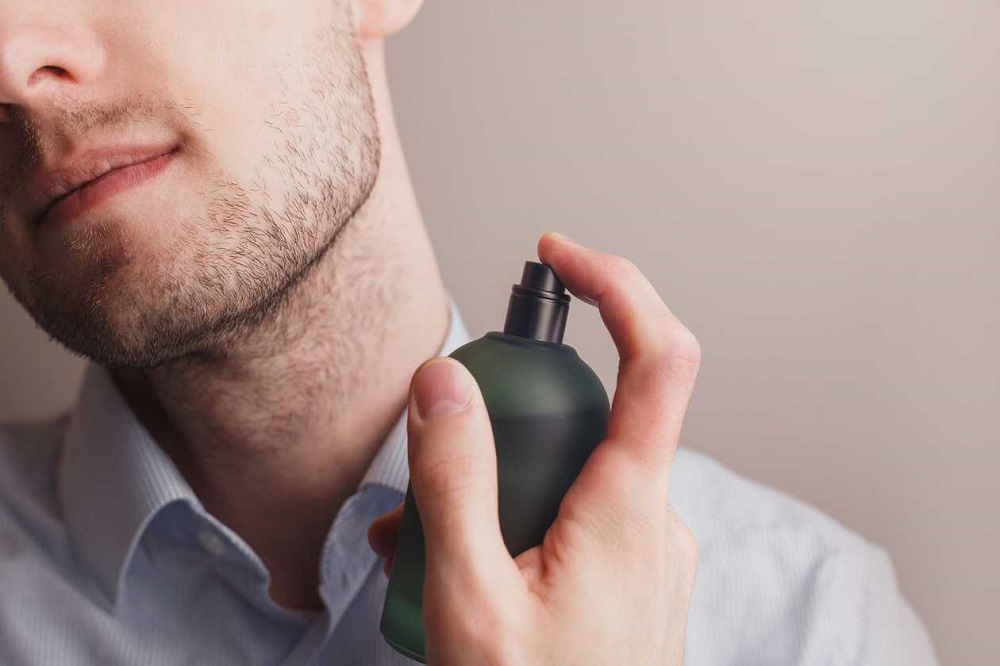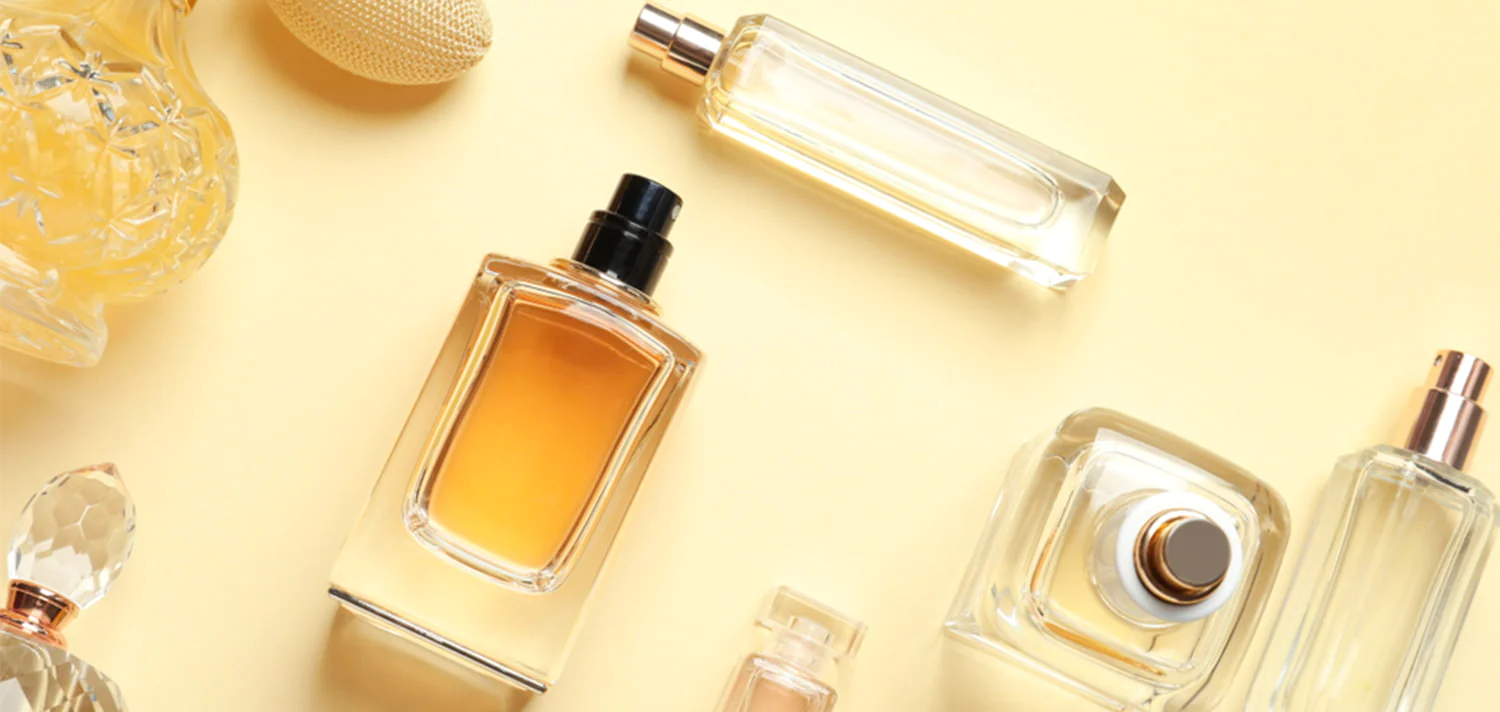Hey there, fragrance fanatics and scent aficionados! Let’s dive into a subject as elusive as a good hair day in humid weather: How long does perfume last? And more importantly, how on earth do you figure that out?
So, here’s the deal, pals. Have you ever sprayed on your favourite perfume in the morning, feeling like a million bucks, only to find it’s ghosted on you by lunch? Or maybe you’ve experienced the opposite—spritzed a bit on for a night out and had it cling on like an over-attached ex the morning after. Now you ask yourself, has my perfume gone off, and how long do fragrances last?
Does Perfume Expire?
Yes, perfume does expire. Perfumes, like many other cosmetic goods, have an expiration date. While there is no specific expiration date, most scents endure three to five years. This period, however, can vary depending on storage conditions, scent formulation, and ingredients.
Three main factors contribute to a fragrance’s deterioration: exposure to heat, light, and air.
Storing perfume in a cool, dark place, away from direct sunlight, is recommended to extend its shelf life. Some people keep their fragrance in the bathroom, but there may be better places than bathrooms. Bathrooms, while convenient, may not be the best spot due to fluctuating temperatures and high humidity levels.
Natural perfume ingredients, such as citrus or floral notes, tend to degrade faster than synthetic ones. Therefore, a fragrance dominated by natural components might deteriorate sooner. So, perfumes that are made with artificial elements tend to last longer.
Knowing when a perfume has expired can sometimes be clearer-cut. If the fragrance smells off, looks discoloured, or has visible particles, it’s likely past its prime. But, even if a perfume has slightly changed in scent over time, it might still be safe to use. You have to trust yourself and your smelling sense. At the end of the day, it’s the smell of the perfume. So, if it smells appealing, it’s okay to continue using it.

10 Tips to keep your perfume stronger for longer
ScentForMe 10 Tips to help prolong the longevity and strength of your favourite perfume:
Store it Properly: Keep your perfume away from direct sunlight and extreme temperatures. A cool, dark place—like a drawer or cabinet—is ideal to preserve its integrity. Avoid keeping it in the bathroom due to the temperature changes and humidity. Extreme temperature and humidity can degrade perfumes.
Limit Exposure to Air: Air exposure can alter the fragrance. Tighten the cap after each use. Do this to minimize contact with air, preserving the scent’s quality.
Moisturise Before Application: Hydrated skin holds scent better. Consider applying an unscented moisturizer or using a fragrance-free lotion on pulse points before spraying perfume.
Choose Pulse Points: Apply the perfume to your pulse points like the wrists, inner elbows, neck, and behind the ears. These areas emit heat, enhancing the diffusion of the scent.
Layering Technique: Use matching scented body lotions, shower gels, or oils from the same fragrance line. Layering can amplify the scent’s longevity and intensity.
Avoid Rubbing the Fragrance: After applying perfume, refrain from rubbing your wrists together. Rubbing causes heat. Heat can alter the scent composition, which breaks down the fragrance molecules, reducing its staying power.
Spray Strategically: A couple of spritzes are usually sufficient. Don’t oversaturate, as excess perfume might become overpowering and fade more quickly.
Reapply Strategically: For a longer-lasting scent, carry a travel-size bottle for touch-ups during the day. Spray every few hours.
Be Mindful of Seasons: Heat can expedite the evaporation of perfume, while cold weather can help it linger longer. Adjust the number of sprays depending on the weather and your environment.
Regularly Rotate and Use: Don’t save your favourite perfume for a special occasion. I know that sounds weird, but not using perfume over a long period may cause it to expire. So, it is essential to rotate the perfume bottle now and then. Keep the juices flowing.
By following these tips, you can better preserve the strength and longevity of your favourite fragrances.

How do I know a perfume has expired?
Do you wonder if your perfume has passed its prime? Here are some key pointers and questions you can ponder.
One significant indicator is a change in scent: If you notice that the fragrance doesn’t quite match how it smelled when you first got it—maybe it’s a bit sour, musty, or just not quite right—it might have reached its expiration date.
Altered Appearance: Changes in colour or the presence of particles or sediment in the perfume could mean the aroma has degraded.
Weakened Scent Strength: Over time, the fragrance may lose its potency. If it seems notably faint or used to last longer on your skin but now fades quickly, it might be past its prime.
Expiration Timeline: While many perfumes last around three to five years, some might have a shorter shelf life. This is especially true with those with a higher concentration of natural ingredients. Check the label for any information on the expected shelf life.
Let’s talk about storage conditions: If your perfume wasn’t kept in the best way and got too much exposure to light, heat, or air, it might’ve lost its charm quicker than usual.
What is the most foolproof way to check if a perfume is past its prime?
Trust your nose! If the scent doesn’t feel quite right or you spot any changes in how it looks or how strong it is, it might be the moment to bid farewell to that perfume.

So the perfume has expired; what do I do now?
So your perfume has expired, here are a few steps you might consider:
Discard Responsibly: Properly dispose of the expired perfume. Many local waste management centres have guidelines for disposing of cosmetic products. Check if they have specific instructions for fragrance disposal.
Avoid Using Expired Products: Using expired perfume might cause skin irritation or an allergic reaction. It’s best to refrain from using it further.
Consider Recycling the Bottle: If the bottle is made of glass or recyclable material, rinse it thoroughly and recycle it if possible. Some areas accept glass perfume bottles as part of their recycling program.
Learn from the Experience: Take note of how long the perfume lasted and how long it took to degrade. This will help you the next time you purchase perfume.
Shop Wisely for New Fragrances: When purchasing a new perfume, consider buying smaller bottles or travel sizes if you use fragrance sparingly. This can help prevent wastage if you can’t finish a bigger bottle before it expires.
In conclusion, while perfume does have a shelf life, it’s not a hard and fast rule like a food expiration date. If your fragrance still smells good and pleases you, you should keep using it.
It is likely safe to continue using, even if it’s beyond the typical three to five-year window.
Proper storage and regular checks for any changes in scent or appearance can help maintain your perfumes for as long as possible.

